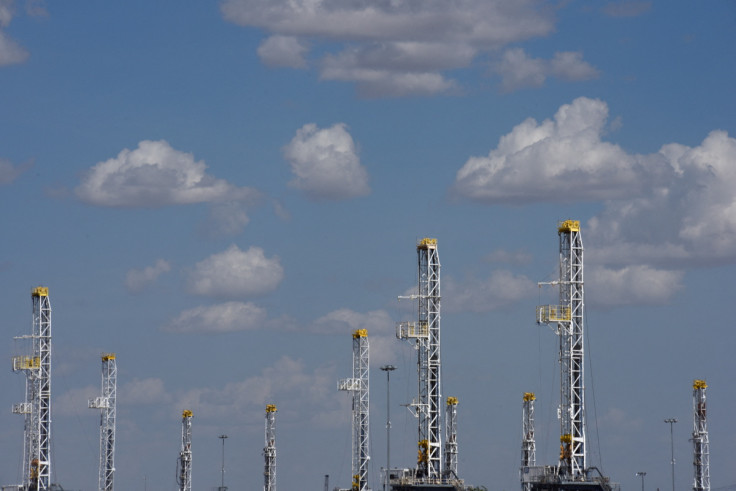Around 1,400 offshore oil and gas workers in UK threaten strike over better job conditions and pay
The unprecedented profit comes after the Russian invasion of Ukraine drove up global oil prices.

Oil and gas workers in the UK are planning to hit fossil fuel firms with a 'tsunami' of strikes, unions have announced. This will affect North Sea oil rigs owned by BP, Harbour Energy, Total, Shell, and EnQuest. Around 1,400 offshore workers have threatened to join the strike over demanding better job conditions and pay.
The strike is set to hit several oil rigs from March 29 and until June 7 in a series of 24, 48 and 72-hour stoppages.
The warning for strike comes after many of these companies announced record-breaking profits last year. According to analysis by Global Witness, together they made more than £146 billion in profit in 2022.
However, workers are being left out when it comes to sharing this wealth, according to Unite general secretary Sharon Graham. "Oil and gas companies have been given free rein to enjoy massive windfall profits in the North Sea; drilling concessions are effectively licences to print money," she warned.
"1,400 offshore workers are now set to take strike action against these employers who are raking it but refusing to give them a fair share of the pie.
"This will create a tsunami of industrial unrest in the offshore sector."
"The UK has a robust and diverse energy infrastructure, and we remain confident in our security of supply," a government spokesperson told Energy Live News.
The workers and firms concerned must resolve this as an industrial relations issue. We urge amicable resolution between the parties.
"We are aware of the situation and continue to monitor attentively," a North Sea Transition Authority spokeswoman said.
BP, TotalEnergies, Ithaca, and Harbour were contacted by ELN for comments; Harbour Energy declined.
Why are UK's offshore oil and gas workers striking?
Profits in the oil and gas sector have increased dramatically in recent months. The unprecedented profit comes after the Russian invasion of Ukraine drove up global oil prices.
Oil rig operators like Bilfinger UK Limited, Stork Construction, Petrofac Facilities Management Limited, and Wood Group UK Limited have contracts with the workers. And, in turn the workers manage the rigs on behalf of these oil companies.
After numerous disagreements on wages, overtime rule, and holiday entitlements, they are now leaving their jobs.
Greenpeace UK said it was "in solidarity" with the workers.
"The greed is almost palpable," says Greenpeace UK's head of climate D. Mel Evans.
"Oil and gas workers have been hung out to dry, while their bosses and shareholders have raked in tens of billions of pounds over the past year. It's no wonder they're taking industrial action to demand a proper windfall tax on these obscene profits."
What is a windfall tax and how will it affect the fossil fuel industry?
To recover some of the excessive profit gained by the world's largest oil and gas companies last year, several nations have implemented a "windfall tax".
The EU passed emergency legislation in September 2022 that included a 33 percent temporary "windfall tax" on revenues from fossil fuels. ExxonMobil is now fighting this levy in court, claiming its profits have been adversely harmed and it has lost money from the loss of Russian assets.
An "energy profit levy" of 35 percent will be in effect in the UK until March 28. Only extraction activity is subject to the fee; various forms of government subsidies for fossil fuels are not included.
Climate change and oil and gas industry
Many businesses intend to put some of their record profits back into the development of the oil and gas industry.
The IPCC Synthesis Report was released on Monday. It stated that if the planet needs to be saved from most catastrophic climate collapse, fossil fuels need to be phased out urgently.
The International Energy Agency has stated that in order to keep global heating to 1.5C over pre-industrial levels, all new oil and gas development must end.
© Copyright IBTimes 2025. All rights reserved.





















